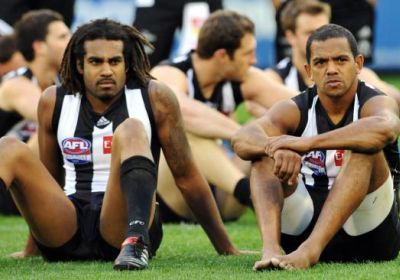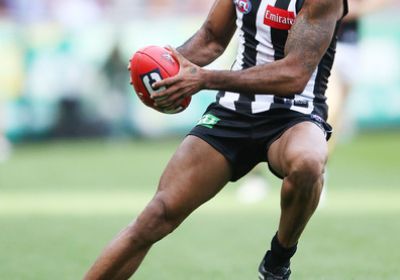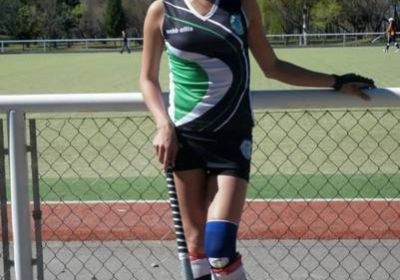-
-
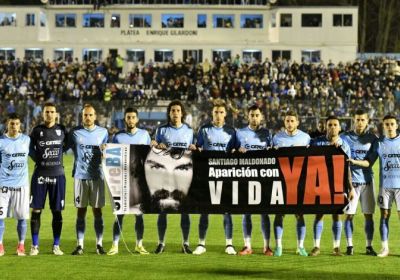
Football players, past and present, have spoken out on the case of Santiago Maldonado, an indigenous rights activist who has not been seen since Border Force officers violently broke up a protest by a Mapuche community in Argentina’s Patagonia region on August 1.
-
-
-
-
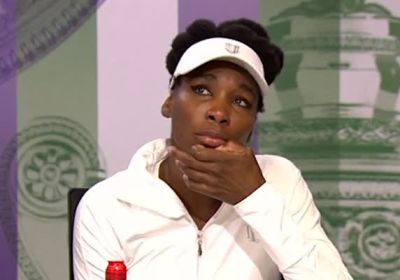
My bias is real. When it comes to tennis legends Venus and Serena Williams, they have never been just athletes to me, but people. I have felt an imperative to defend them against detractors, know-nothings and dime-store bigots.
The reasons are obvious: they were once two Black teenagers from the public courts of Compton, treated with contempt — of both a race and class variety — by their sport. They not only survived but thrived.
-
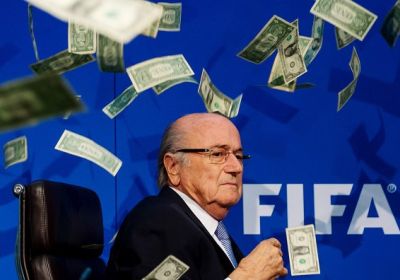
In no breast did the prodigious financial corruption of world football’s administrative elite beat more vigorously than that of Chuck Blazer, the head of football in the North and Central American and Caribbean regional body.
Chuck was not called American soccer’s “Mr Big” for nothing. His bottomless appetite for high-calorie nosh gave him a gargantuan girth, which was matched financially in size by his tax-sheltered bank accounts. These bulged with millions of dollars received through fraud, embezzlement, bribes, perks, gifts and inducements.
Not only could he afford to rent an entire floor of luxury apartments in the prestigious Trump Tower in Manhattan, but he preserved one of them solely for the use of his cats.
-
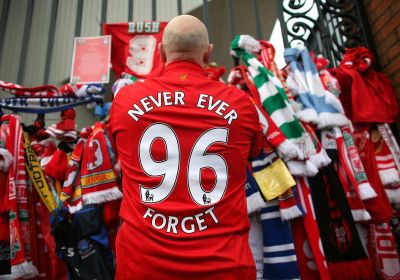
“Supporters of around 70 English football clubs have vowed to boycott The Sun over its coverage of the Hillsborough disaster,” The Independent said on July 3.
The decision by the fan groups comes after six people — including the senior police officer in charge on the day — were arrested over the infamous disaster in which 96 Liverpool fans were killed. Coverage by The Sun infamously blamed Liverpool fans and included insulting lies about their alleged behaviour since proven to be entirely false.
-
-
-
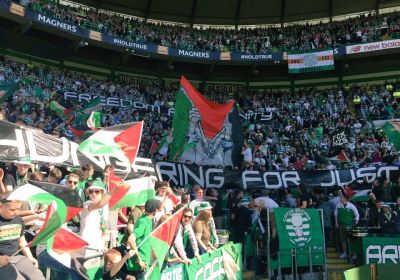
Fans of Glasgow’s Celtic football club showed their support for more than 1500 Palestinian prisoners on hunger strike in Israeli jails, with large banners and Palestinian flags at Celtic’s May 6 football (soccer) match against fellow Scottish side St Johnstone FC.
Members of Celtic’s “ultras” fan group, the Green Brigade, along with Celtic Fans for Palestine, lifted a huge Palestinian flag, as well as large banners with the slogans “Freedom and Dignity” and “Hungering for Justice”.
-
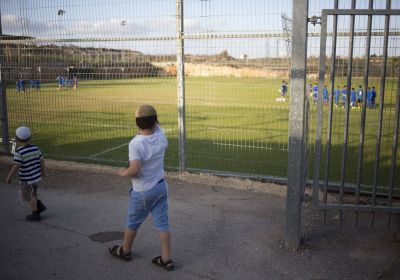
FIFA, the governing body of world football (soccer), has capitulated once more to intense pressure from the Israeli government. It has removed from the agenda of its upcoming congress the issue of teams from Israel’s illegal settlements on occupied Palestinian land playing in Israel’s national league.
Sports
Sports
